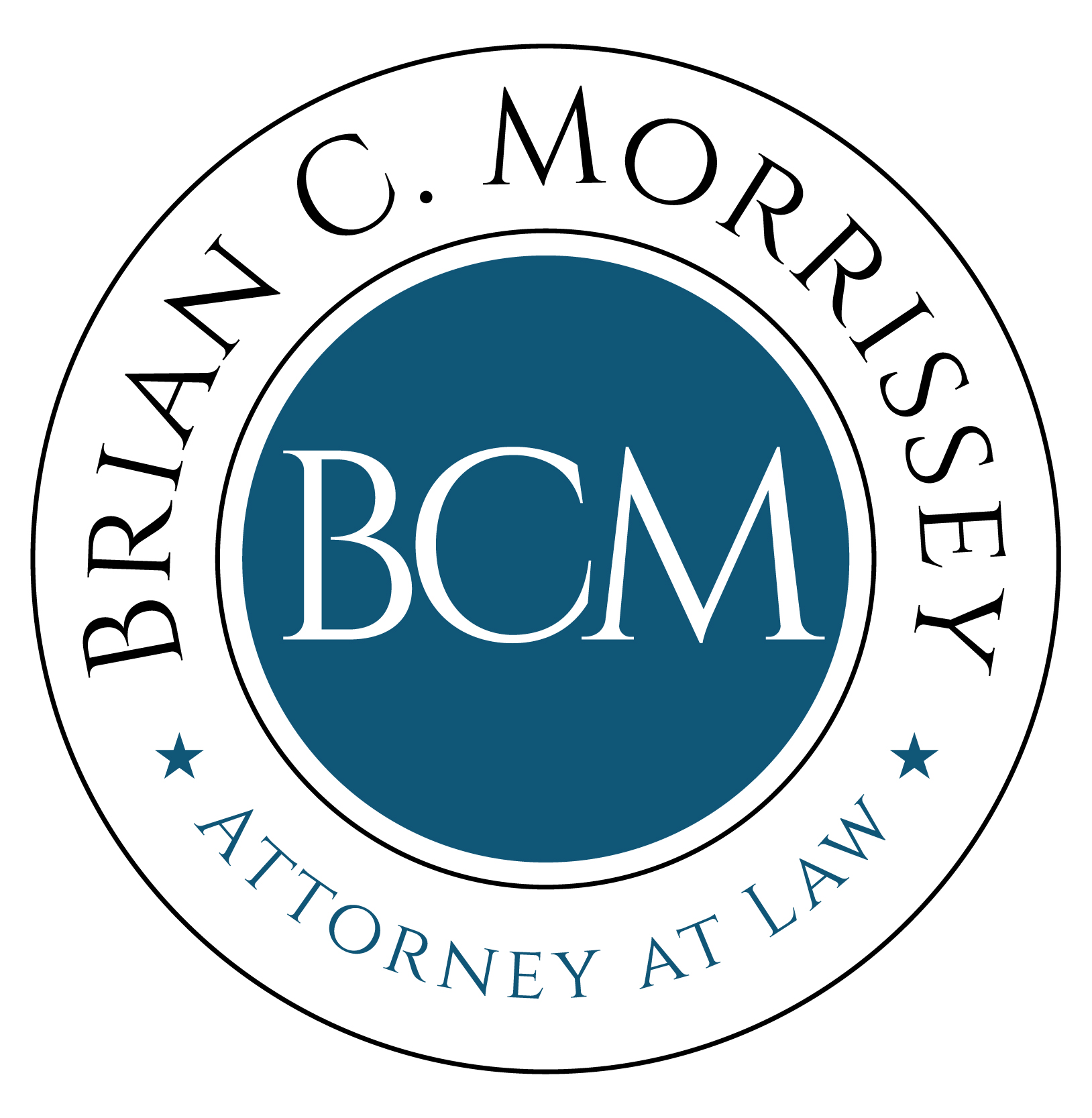Legal Process for Misdemeanors in Ohio
The stages of a misdemeanor criminal case

Legal Process for Misdemeanors in Ohio
1. Initial Charge & Arrest / Summons
- You may be arrested or issued a citation/summons by law enforcement. For minor misdemeanors (charges that do not carry jail time), officers often use a summons instead of making an arrest.
- If arrested, you're taken to the station for a booking—fingerprinting, photographing, personal data taken—and either released or held briefly. More serious charges will require a person to see a judge to set a bond. Some courts have bond schedules that allow a person to post a bond before seeing a judge.
🏛️ 2. First Court Appearance (Arraignment)
- This can occur in Mayor’s Court, Municipal Court, or County Court, depending on your jurisdiction. In small jurisdictions they sometimes have a mayor’s court. A municipal court is generally where misdemeanors go, and county courts are where the felony charges are litigated.
- The judge informs you of the charges, advises your rights, and you enter a plea: Not Guilty, Guilty, or No Contest.
- If you're indigent, the court will determine whether you're eligible for a public defender or a court appointed attorney. If you are facing jail time and cannot afford your own attorney then you will have an attorney. Charges which do not carry jail time do not allow a person to be appointed an attorney (like a speeding ticket or traffic offense).
🔍 3. Discovery & Pretrial Process
- Almost every case starts with a not guilty plea. After a Not Guilty plea, the discovery phase begins: your attorney requests evidence that the prosecution plans to use against a defendant if a trial is held. If a defendant has evidence, that also needs to be handed over to the prosecution if they intend to use it at trial.
- You may attend a pretrial conference or pretrial hearing, where both sides discuss settlement options or use that time to negotiate a plea deal. Most cases enter into a plea deal as the vast majority of cases do not go to trial. Sometimes a few pretrial dates are necessary to come to a resolution on a plea agreement. But if not, a trial can be set.
🤝 4. Plea Bargaining (Very Common in Misdemeanors)
- The prosecution may offer:
- Pleading to a lesser charge, or
- Pleading guilty in exchange for a lighter sentence recommendation or the promise for the prosecutor to remain silent as to a sentencing recommendation.
- Most misdemeanor cases resolve at this stage unless you decline the offer. Some cases need to go to trial as the evidence may be deficient.
- If there is no offer, or the offer is to plea to the charge then there is often no downside in setting a trial. If the offer is plea to the charge and you lose at trial, then you end up where you would have been if you would have pled to the charge. There is always a chance that a person can win at trial (even if it is an incredibly low chance). But pleading guilty to a charge is virtually guaranteed to end with a conviction.
⚖️ 5. Trial
- If no plea is reached, you can set your case for a trial. For misdemeanors:
- Bench trial (by judge) is common and is presumed unless a jury demand is filed in writing in accordance with the Ohio Rules of Criminal Procedure.
- Jury trial is possible too – juries are 8 jurors and verdicts must be unanimous.
- The prosecution must prove guilt beyond a reasonable doubt which is the highest standard in the American legal system. A burden of proof that is even higher than what is required for Children’s Services to take away kids from their parents in Ohio.
📜 6. Sentencing
- Upon pleading guilty or conviction at trial, a sentencing hearing occurs. The judge decides penalties (fine, jail up to 6 months, probation, community service, etc.) .
- Victims or defendants can make statements before a sentence is given, but they are not required to do so.
🔄 7. Appeal
- You have the right to appeal a misdemeanor conviction. However, appeals in criminal cases are difficult and slow, and success may not guarantee exoneration—often leading to a new trial.
🧹 8. Expungement / Record Sealing
- Under Ohio law, you may petition to seal (expunge) your record one year after completing sentence for a single misdemeanor—assuming no new charges and assuming the defendant is not on probation in any other court. There are also some convictions that cannot be sealed or expunged under Ohio law.
If you or a loved one have been charged with a misdemeanor in Toledo, Ohio or the surrounding areas in Northwest Ohio, call Brian C. Morrissey Attorney at Law at 419-830-7441 to talk to a misdemeanor criminal defense lawyer.


